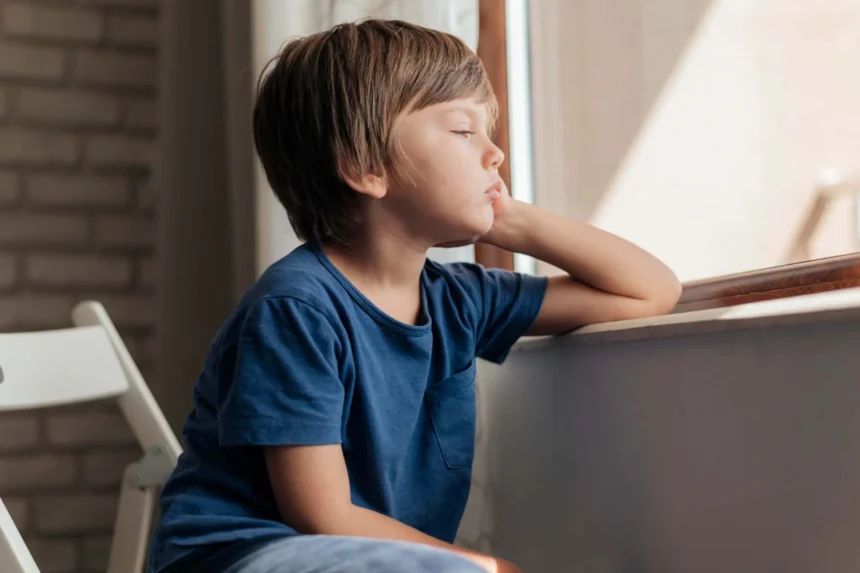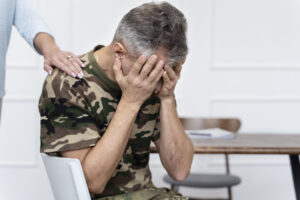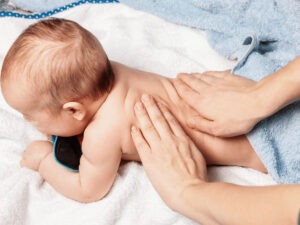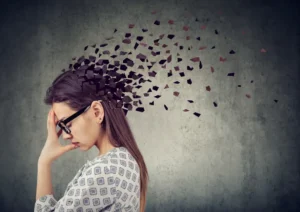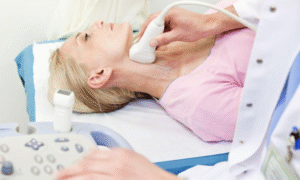Post-traumatic stress disorder (PTSD) can significantly shape a young person’s emotions, behaviors, and social interactions. PTSD can significantly impact the emotional, behavioral, and cognitive development of young individuals, making early recognition and support a key factor. Recognizing how it affects school performance, friendships, and mental health is fundamental to offering the proper support and understanding. Here are some of the potential effects:
Academic Performance Challenges
One of the most visible effects of PTSD in youth is a shift in their academic performance. Traumatic experiences might leave students distracted or restless in the classroom. For example, flashbacks or heightened anxiety during a lesson could lower their ability to focus on tasks. Reduced school engagement, such as skipping classes or a lack of interest in participating in activities, is another common outcome. Grades may drop, and the effort to keep up with schoolwork can feel overwhelming. Noticing these patterns early could provide a pathway to offering support.
Strain on Friendships
Forming and maintaining friendships may be harder for those affected by PTSD. Trauma survivors might feel wary of trusting others, especially peers who may not fully understand what they’re experiencing. Young people could start withdrawing from social circles due to fear or discomfort in shared activities. It’s not uncommon for awkward silences or misunderstandings to crop up in conversations with friends.
Isolation and Loneliness
Isolation is another common outcome when PTSD is present in the lives of young individuals. They may feel a lingering sense of separation from both peers and family due to difficulty expressing their feelings. Individuals may be treated differently due to symptoms or a need to avoid triggering situations, which could intensify this sense of loneliness. Even in crowded spaces, a young person struggling with PTSD could struggle with isolation. Encouraging supportive relationships and open dialogue can create a network to help alleviate those feelings.
Mental Health Struggles
The mental health challenges linked to PTSD extend beyond the trauma itself. Some individuals may struggle to regulate their emotions, such as anger or fear, when confronted with stressors. Others struggle with frequent mood swings or feelings of panic that arise suddenly. These reactions may prevent them from managing daily responsibilities or activities. Having access to professional mental health resources may help young people explore ways to manage their emotions and practice healthy coping strategies. This condition can impact individuals in the following ways:
- Disrupted sleep patterns, including insomnia or frequent nightmares
- Difficulty maintaining focus or concentration
- Avoidance of places, people, or situations that trigger memories of the trauma
- Increased risk of substance abuse as a coping mechanism
- Heightened sensitivity to loud noises or sudden movements (hypervigilance)
- Loss of interest in activities or hobbies once enjoyed
- Persistent feelings of hopelessness or emotional numbness
Find a Health Professional for PTSD Symptoms
Though PTSD might create complex and overwhelming effects for youth, being attentive to their experiences allows others to provide the right kind of support. Doctors can treat PTSD with approaches like transcranial magnetic stimulation (rTMS) and magnetic e-resonance therapy. By addressing areas such as academic adjustments, friendships, mental health, and fostering a non-judgmental space, we pave the way for healing and stronger connections. If you notice signs of PTSD in the youth around you, reach out to a professional for further guidance.


